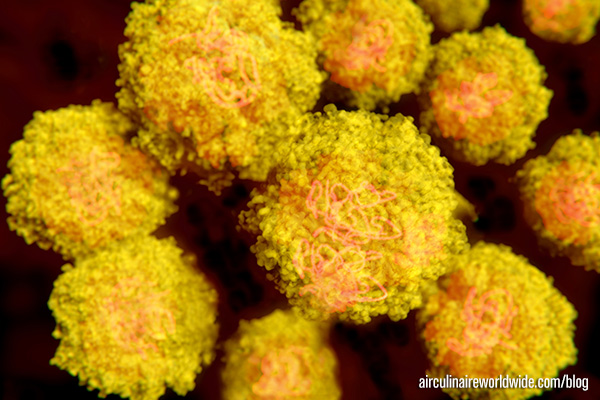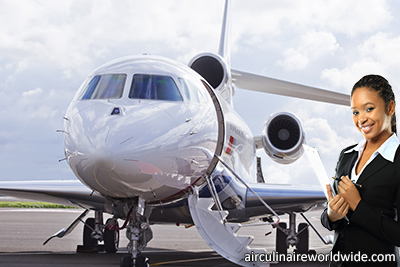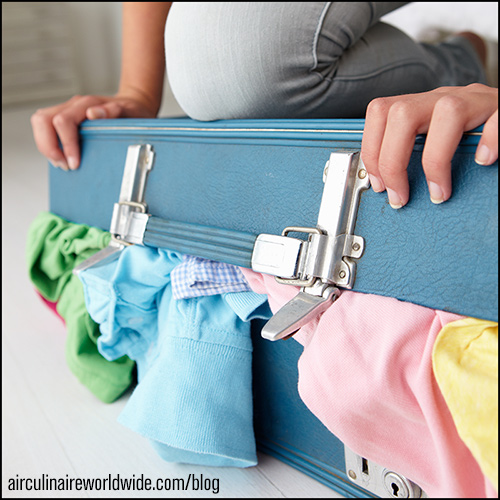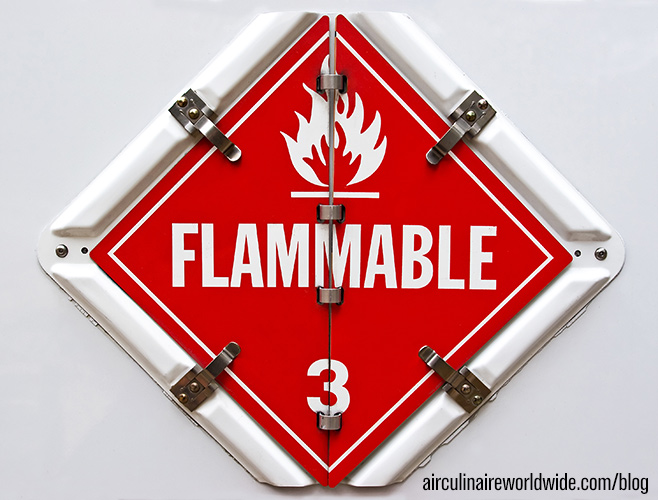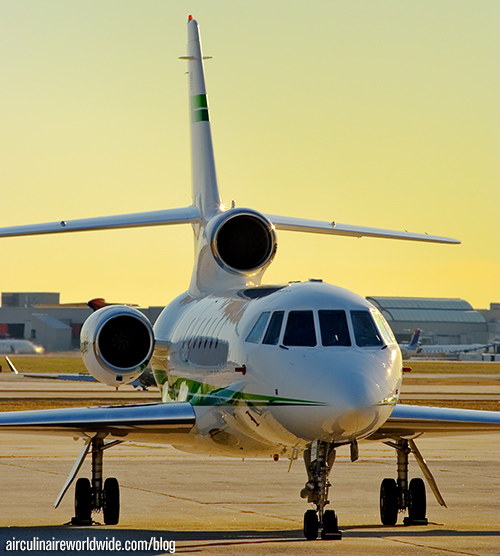With so many private jets heading to the Olympic Games coming up in Brazil and the spread of Zika to the southern United States, concerns about the Zika Virus are at an all-time high in the business aviation industry. From August 5 through August 21, all eyes will be on Rio, but preparations are already well underway for those operating to the games. Yet, Brazil is not the only country taking precautions to combat Zika. First, we take a look at what Zika is and then how to take precautions to minimize the chances of contracting the virus.
What is Zika?
Zika is a virus that is contracted from a bite from an infected mosquito, or from intimate contact from an infected human or from mother to fetus. The symptoms are usually mild, can be similar to other illnesses and usually is not fatal. Therefore, it can be easy to overlook the possibility that it is, in fact, Zika symptoms being experienced. It is important to consult a doctor if you visit a Zika-infected area and experience headache, red eyes, fever, joint pain, skin rash or muscle pain. Pregnant mothers or woman who are looking to become pregnant are the most at-risk since an infection can pass to the fetus and cause microcephaly. Currently, no vaccine is available for the Zika virus.
Steps to Prevent Zika Onboard an Aircraft
When departing from a known Zika-infected area, it is critical to take all necessary precautions to avoid having an infected mosquito end up onboard your aircraft. Be sure to discuss the procedures in detail with your flight department, handler or other officials, so you are able to successfully do you part to keep your pax and crew safe. When arriving even in some non-Zika countries, you may be asked to perform precautionary steps, including spraying pesticide that is targeted to kill the species of mosquitoes known to carry Zika. Keep in mind, there are reports that mosquito spray stocks in Brazil are running out so it may be difficult to find it if you are operating to Brazil or the you may experience price gouging.
Discard any catering left onboard during spraying, as you cannot fully ensure the particles have not landed on or seeped into the food. Thoroughly clean and sanitize all storage and work surfaces in the galley and serving surfaces in the cabin before food is brought onboard after spraying.
When operating to a different country, be sure to educate yourself on the current procedures in place, even if you have been to that country before. Zika is a relatively new global concern, so processes and procedures vary and can be updated and improved at any time.
Steps to Prevent Zika on the Ground
Preventing Zika while on the ground in a country known to be home to Zika-infected mosquitoes is just like protecting yourself from mosquito bites in the night. Wearing long-sleeved shirts and long pants, putting a mosquito net around your bed, keeping doors and windows shut, and using mosquito repellent are all ways to lower your chances of mosquito bites. In addition, mosquitoes breed in standing water, no matter how small or shallow, so be sure not to leave anything outside that can collect rainwater and provide a breeding ground.
Questions?
If you have any questions about this article, contact me at sfarooqui@airculinaire.com.
